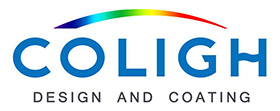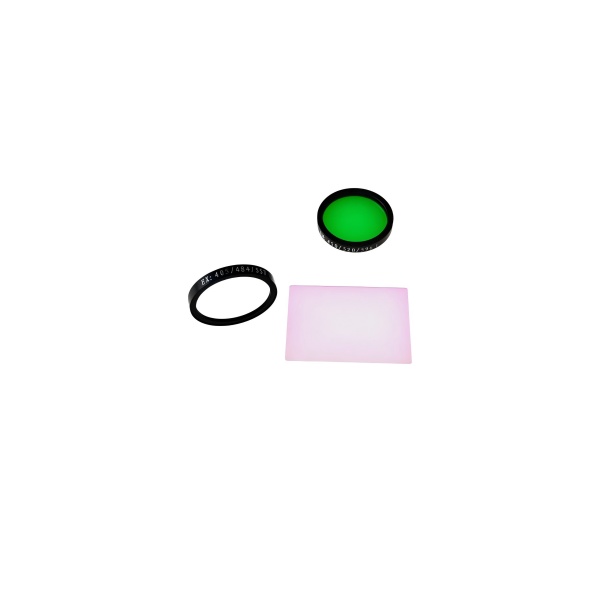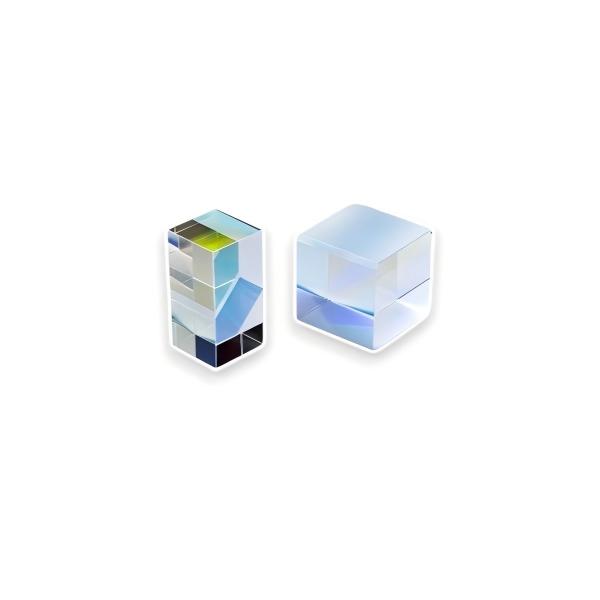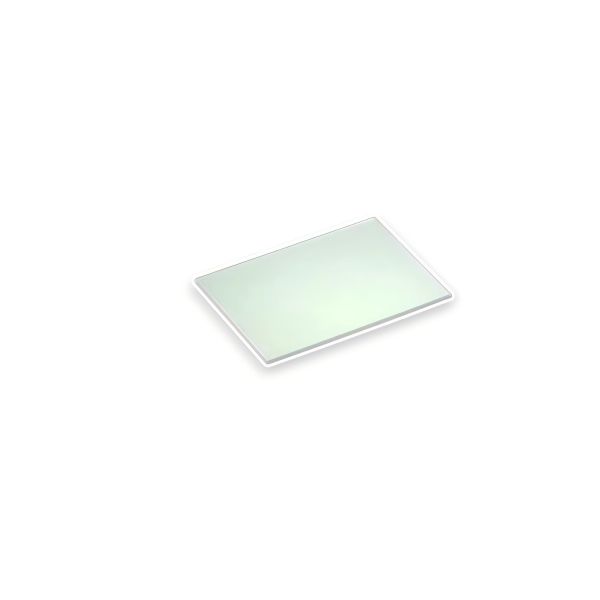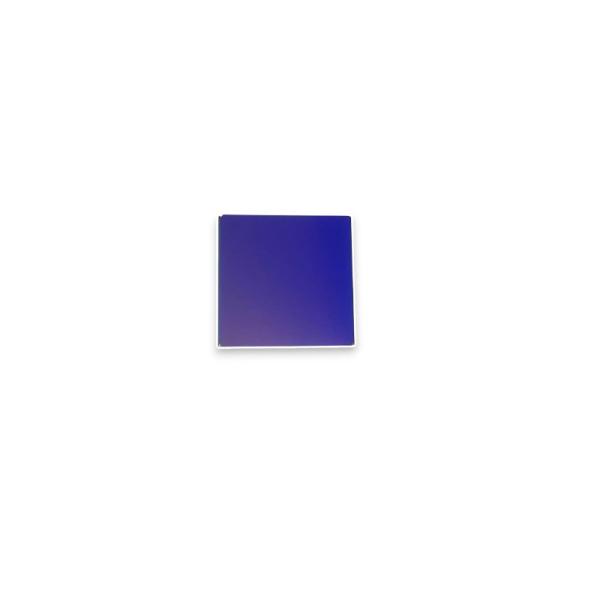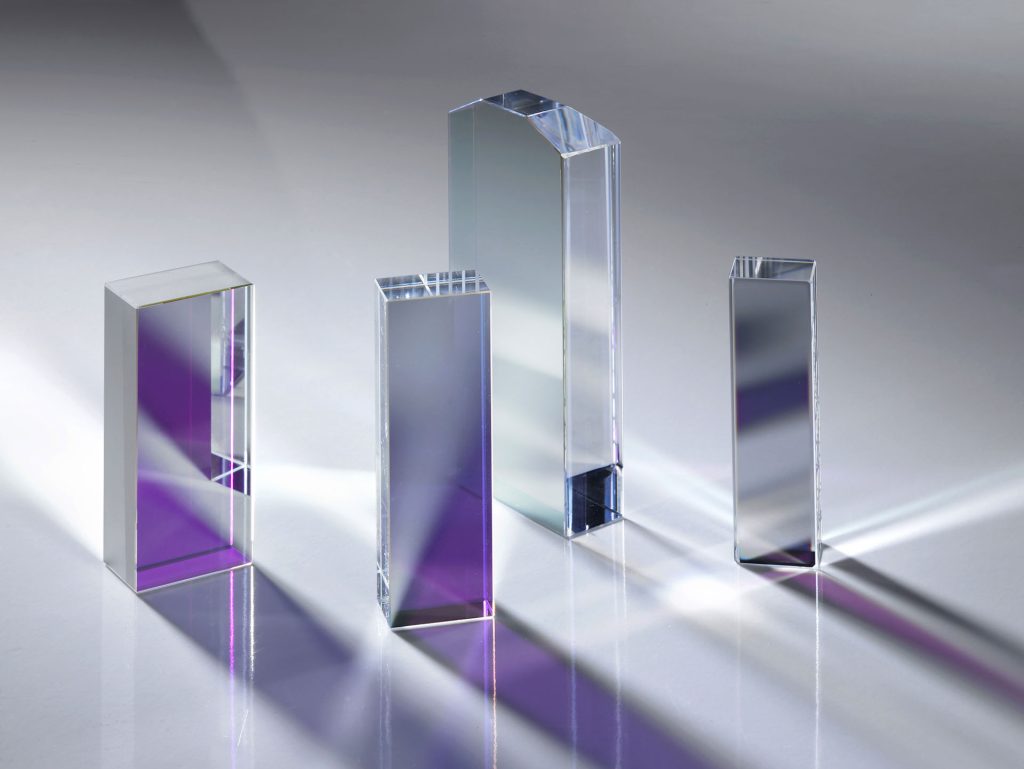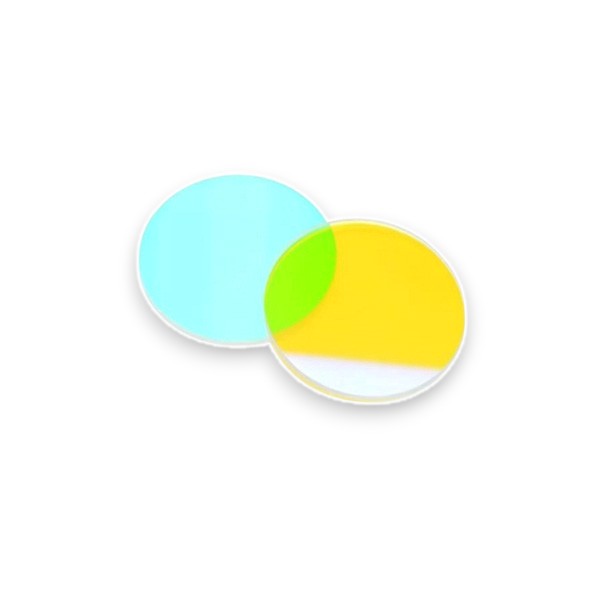

494nm Dichroic Glass Filter
494nm Dichroic Glass Filter is designed for precise wavelength seperation. Coligh manufactures high precision dichroic mirrors.
It has features below:
- center wavelength 494nm
- High transmission
- High reflection
- Hard coating for long-term durability
Products Categories
Get A Free Quote
494nm Wavelength Selective Optical Filter Description
494nm Dichroic Glass Filter Coligh manufacures uses 494nm as the dividing wavelength, reflects short-wavelength light <494nm and transmits long-wavelength light >494nm.
- We use fused quartz substrate and nano-level multi-layer film stacking process to efficiently separate blue light and green light signals
- Cut on wavelength 494+/-1nm, efficiently lunchbox blue light to target light path, reflectivity greater than or equal to 98%, reduce energy loss
- The transmittance from green light to red light is greater than or equal to 90%, ensuring efficient signal passage and supporting multi-band detection
- We support customization of size and shape, and support combination with bandpass filters into multi-channel multi-spectral spectroscopic system
494nm Dichroic Glass Filter Technical Datasheet
| Parameter | Specification |
| Product Type | Dichroic Optical Filter / Longpass Beamsplitter |
| Cut On Wavelength | 494 nm ± 1 nm |
| Angle of Incidence (AOI) | 45° |
| Reflectance | ≥98% |
| Transmission Range | > 90% average |
| Working Wavelength Rang | 350-900nm |
| Coating Type | Hard-coated dielectric multilayer |
| Substrate Material | Fused Silica |
| Surface Quality | 60/40 or better (per MIL-PRF-13830B) |
| Size Options | 15*11*1.0mm, custom sizes available |
| Clear Aperture | > 90% of dimension |
| Thickness | 1.0 mm ± 0.1 mm |
494nm Dichroic Glass Filter Applications
- Multicolor fluorescence microscopy
Multicolor fluorescent markers FITC and TRITC need to separate the excitation light 488nm and the emission light 520nm and 590nm to avoid signal cross-interference. The 494nm Dichroic Optical Filter is placed in the light path at a 45° tilt as a dichroic mirror, reflecting the 488nm excitation light to the sample and transmitting the fluorescence above 520nm to the detector. It can support more than 5-color multi-channel synchronous imaging to accelerate cell dynamics research. - Flow cytometry
Multi-fluorescent labeled cell typing PE and APC require different emission wavelengths to be directed to independent detectors. The 494nm Longpass Dichroic Filter can be cascaded with 500nm and 600nm bandpass filters to reflect stray light below 494nm and transmit 500-900nm signals to the corresponding channels. - Laser beam combining and splitting system
Multi-wavelength laser systems such as blue light 488nm + red light 640nm need to be combined or split to improve the efficiency of the optical path. 494nm Wavelength Selective Filter reflects blue light and transmits red light to achieve dual-wavelength coaxial output
